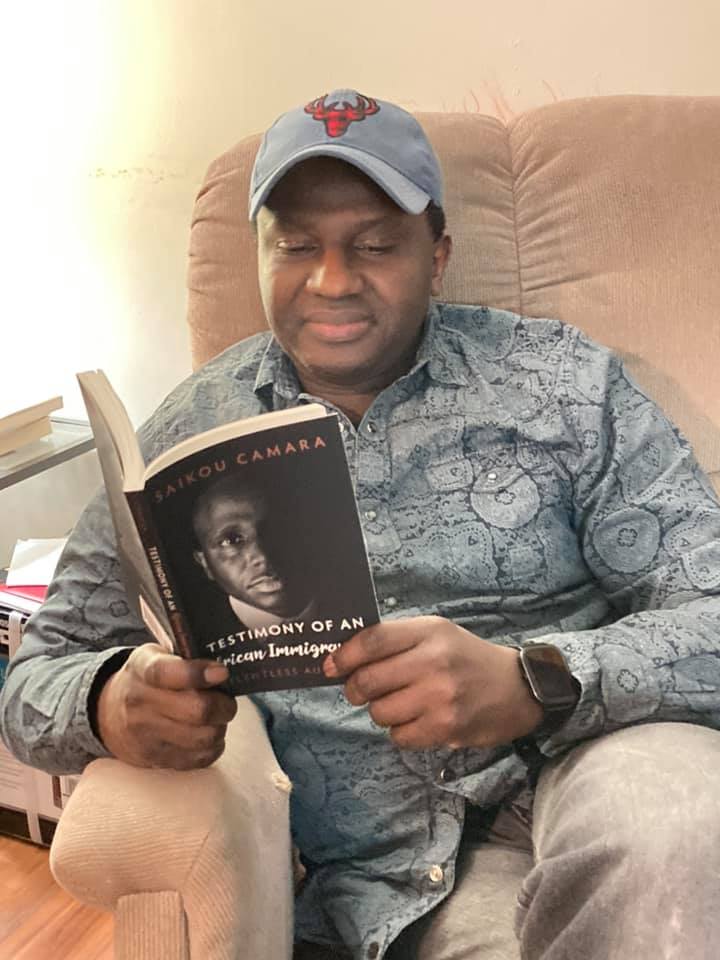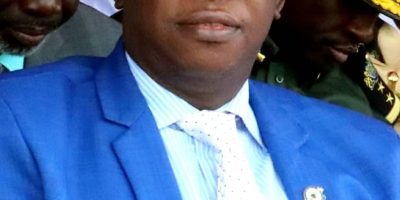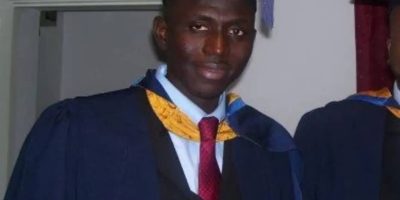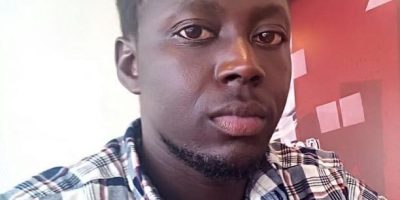 by Basidia M. Drammeh.
by Basidia M. Drammeh.
The Gambia’s Point Newspaper has reported that the University of The Gambia, on Thursday 6 May 2021, gathered stakeholders to validate the introduction of local languages in the school curriculum by next semester. This piece of news is heart soothing and highly welcome, for I have been among the advocates for teaching and learning our native languages as a means of decolonization.
Discovering one’s native language is the first step to free up one’s mind and soul. Understanding one’s native language is the bedrock for the education process upon which foreign languages are built. We have incurred significant losses in education, socio-economic and political terms due to our collective failure to prioritize our native languages and incorporate them into our education curriculum.
This point has been well articulated by the University’s Vice-Chancellor Professor Faqir Mahammad Anjum, who said: “ The usage of English language as the country’s official language is the losing ground in both educational system and the poor performance of the pupils and students are largely associated with the lack of understanding of the language used in classrooms as a medium of instruction.”
It’s unfathomable that students are punished in our schools for speaking their native languages in favour of the colonial language. It’s ironic that in The Gambia, students are taught various foreign languages, including Turkish, but no single indigenous language is taught or incorporated into the education system. That’s a shame. In the Gambia, MPs who are not fluent in English are barred from expressing themselves in their mother tongue. That’s a shame. In the Gambia, one’s level of education is measured per one’s fluency and competence in the English language. That’s a shame. After all, your language defines your culture and who you are and what you stand for because language and culture are inseparable entities.
Africa has long battled with determining its identity among nations due to the relegation of its own languages and the abandonment of its indigenous cultures in exchange for the other. Pierre Gomez, the acting Vice-Chancellor for Academic Affairs has revealed that “The university will lead the creation of Mandinka 101, Fula 101 and Wollof 101 etc. in the university curriculum and later expand linguistics in the school structures where people can write BA in local language in The Gambia.”
Honourable Sidia Jatta, a linguistics specialist and a leading advocate for native languages, said that the country had been denied being independent by the colonial masters for over centuries because people without language have no identity. We must recognize the fact that each language has certain phonological, semantic, pragmatic and syntactic features. Our languages are no exception. I would like to seize this opportunity to heartily congratulate the University of the Gambia and all the stakeholders for this bold step.




Ma sha Allah great and thanks for sharing